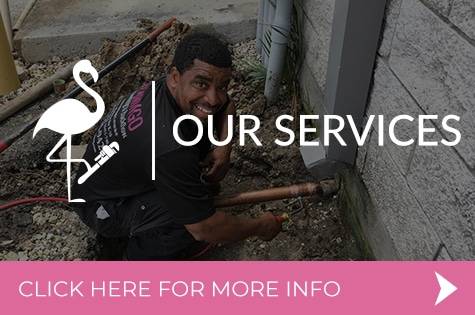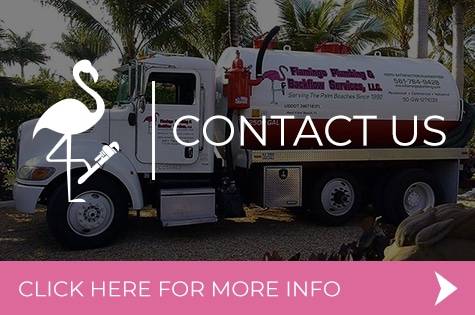Pipe corrosion is one of the major plumbing problems that, if not handled, can cause a more considerable potential loss. The corrosion of a pipe is not instant. It takes many years to begin, and once it’s on, rusting becomes unstoppable. It’s rare to detect signs of corroded pipes with recently installed metal pipes unless they are of poor quality.
But with the old pipes, there’s a guarantee that there must be corrosion somewhere, even if they are steel pipes. After a while, rust can eat through a pipe, causing it to collapse or develop holes. And if it supplies pressurized fluids, then it’s bound to burst. Such pipes can lead to water loss; if they are not detected, they will hurt your wallet.
Also, sediments and contaminants may get into your water system through leakage, resulting in stomach illnesses. Other potential losses include appliance damage due to sediments and metals entering your water system.
To be safer, try the following tips for identifying signs of corroded pipes. You can detect the problem on time and hire the necessary help to locate the problem and fix it.
Strange Taste
Water is tasteless, but if you notice a strange taste in your water, there must be plumbing issues. And if the taste is metallic, then without a doubt, that’s pipe corrosion. Also, bitter water when you first open the tap is a sign of corrosion. And lastly, any sweat taste in the water can result from lead deposits.
Low Water Pressure
Gradual reduction of water pressure means their internal corrosion is known as tuberculation. With this type of corrosion, pipe death is imminent. It will reach a point when only drips of water come out of the pipe.
Discolored Water
This form of corrosion is more visible. Pipe corrosion must occur once your water flows out in strange colors like reddish-brown, green, or blue. The water assumes the color and taste of the corroding metal.
Odor from Water
Ever heard of smelly water? It’s only heard off when the water is dirty or contaminated. Knowing that your tap is clean, it must be odorless. However, due to corrosion, you may detect funny odors from the water. Often, the odor is rusty or metallic.
Leakages
Water leakage from pipes can result from many causes, but the most common one is corrosion. Once the pipe begins to rust, it loses structural integrity. With time, perforations as small as pinholes will start to develop. But some leakages can be as massive as a burst of water. Also, higher water bills than the consumption rate can indicate underground or hidden pipe water leaks.
Temperature Fluctuations
You should detect this when you are using a hot water tap. When there is a drastic change in water temperature, it means the corrosion problem is in either the pipes or the anti-scald mechanism. With the buildup of corrosion, temperature fluctuations are bound to be common in a hot water system.
Unusual Noises from Pipes
The water system is usually quiet. And when there is a sound, it’s the smooth flow of water. However, any loud sound like gurgles, bangs, clangs, and moans signals pipe corrosion.
Lastly, if you identify any of the above signs of corroded pipes, your property may have corroding pipes. Quickly call a professional plumbing service company to fix the issue and avoid further damage. Remember, corroding pipes allow water leakages, which can interfere with your home’s or business premises’ structural integrity.
The best way to prevent further losses is to seek help from professional plumbers. Flamingo Plumbing & Backflow Services can inspect and identify the corroding pipes and replace them. We are experienced and guarantee a quality outcome.





